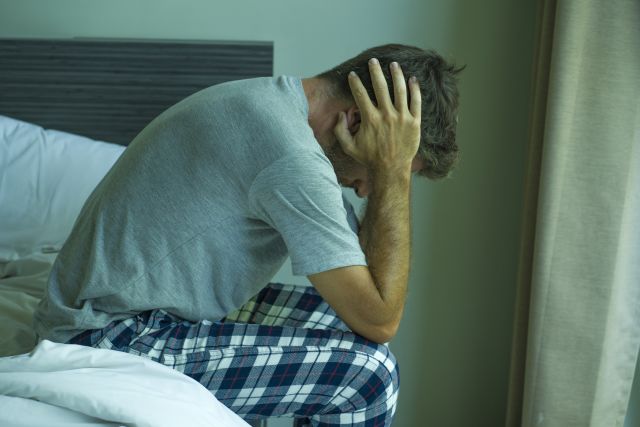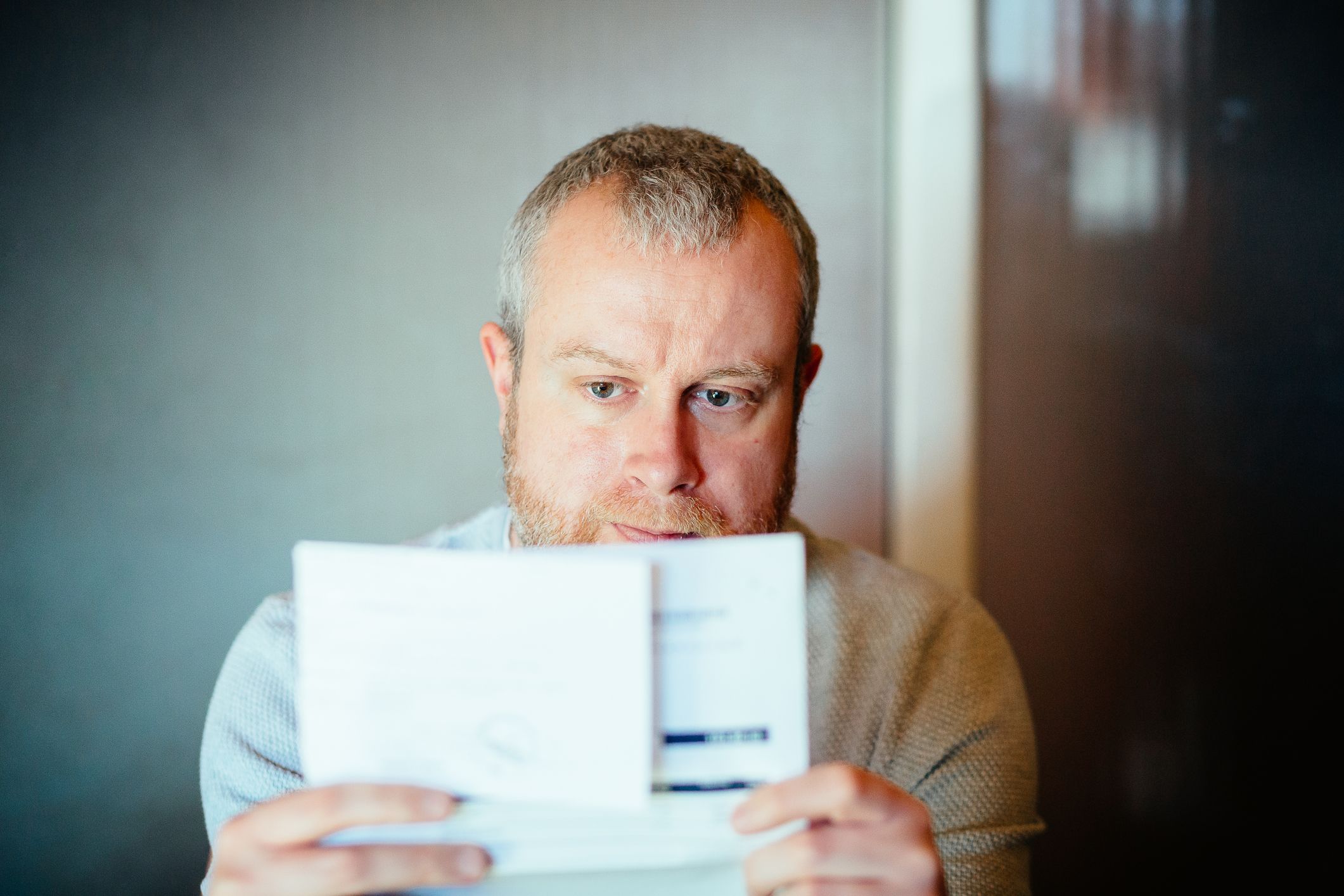Updated on September 26, 2023
Prostate cancer is cancer that begins in the prostate, a walnut-shaped gland that is part of the male reproductive system. Apart from skin cancer, prostate cancer is the most prevalent type of cancer among males.
Because of the prostate’s function and location in the body, prostate cancer and the therapies used to treat prostate cancer can affect sexual function, fertility, bladder control, and bowel control. In advanced prostate cancer, cancer has spread beyond the prostate, most commonly to the bones and lymph nodes.
Beyond the physical impact of cancer and treatment side effects, prostate cancer can have a significant impact on mental health. Many people with prostate cancer experience depression.
What is depression? (And what isn’t depression)
Depression is much more than a bad day, a negative mood, or something that a person can snap out of on their own. Depression is a serious mental illness that requires treatment.
Depression is often associated with persistent feelings of sadness, hopelessness, emptiness, and loss of interest in activities that are normally enjoyable. Depression is also a different experience for different people. Anger, agitation, difficulty thinking, changes in sleep, and unexplained pain can also be symptoms of depression. Symptoms are persistent, disrupt a person’s ability to function, and can be life threatening in some instances.
Unlike normal emotions, symptoms do not improve with changing circumstances—for example, low moods do not improve with good experiences. For a person with depression, negative moods may feel heavy and immovable.
Can prostate cancer cause depression?
Although depression is prevalent among people who have prostate cancer (compared to people who do not have prostate cancer), depression is complex. Many factors can contribute:
- A person may have depression before they are diagnosed with prostate cancer, after they receive a diagnosis, during treatment, or sometime after treatment.
- People who have experienced depression in the past are at a greater risk of experiencing a mood disorder after any cancer diagnosis.
- For some people with prostate cancer, depression is fueled by “decision regret.” A person may regret treating cancer aggressively, or wish they had treated the cancer more aggressively.
- Depression is a potential side effect of androgen deprivation therapy (ADT), a common treatment for prostate cancer.
- Surgical removal of the prostate is another treatment for prostate cancer. Side effects can include erectile dysfunction and urinary incontinence—side effects that can be difficult to adjust to and negatively impact mental health.
- Research shows that depression is untreated or undertreated in people who are living with cancer, including prostate cancer.
- People who have prostate cancer plus another existing health condition (such as cardiovascular disease or arthritis) are at a greater risk of depression.
- Depression has been associated with shorter survival times and worse outcomes from treatment for people living with prostate cancer.
A treatment plan should focus on mental health
Oftentimes when people think of treating cancer, the first things that come to mind are the therapies used to remove or destroy tumors and cancer cells in the body—surgery, radiation therapy, chemotherapy, and hormone therapy. A comprehensive treatment plan should also focus on addressing the impact that cancer has on a person’s life, including mental health.
Be open and honest with your healthcare providers. If you have concerns about treatment side effects, discuss your concerns. If you’ve noticed a change in moods, thinking, or behavior, bring this up at your appointment.
Depression can seriously impact your health, your quality of life, and the health and quality of life of your loved ones—and depression can be treated.






